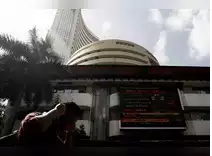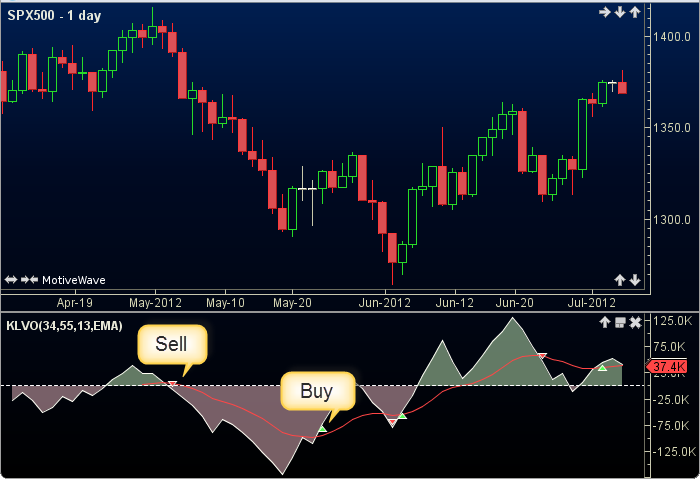INVESTMENTS

| Terms | Description |
|---|---|
| Sensex | Sensex is a collection of the top 30 stocks listed on the BSE by way of market capitalisation. |
| SEBI | The securities and Exchange Board of India (Sebi) is the securities market regulator to oversee any fraudulent transactions and activities made by any of the parties: companies, investors, traders, brokers and the like. |
| Demat | Demat, or dematerialised account, is a form of an online portfolio that holds a customer’s shares and other securities in an electronic (dematerialised) format. |
| Trading | It is the process of buying or selling shares in a company. |
| Stock Index | A stock index or stock market index is a statistical source that measures financial market fluctuations. They are performance indicators that indicate the performance of a certain market segment or the market as a whole. |
| Portfolio | It is a collection of a wide range of assets that are owned by investors. A portfolio can also include valuables ranging from gold, stocks, funds, derivatives, property, cash equivalents, bonds, etc. |
| Bull Market | In a bull market, companies tend to generate more revenue, and as the economy grows, consumers are more likely to spend. |
| Bear Market | Bear markets refer to a slowdown in the economy, which may make consumers less likely to spend and, in turn, lower the GDP. |
| Nifty50 | Nifty 50 is a collection of the top 50 companies listed on the National Stock Exchange (NSE). |
| Stock Market Broker | A stock broker is an investment advisor who executes transactions such as the buying and selling of stocks on behalf of their clients. |
| Bid Price | The bid price is the highest price a buyer will pay to buy a specified number of shares of a stock at any given time. |
| Ask Price | The ask price in the stock market refers to the lowest price at which a seller will sell the stock. |
| IPO | Initial Public Offer (IPO) is the selling of securities to the public in the primary market. It is the largest source of funds with long or indefinite maturity for the company. |
| Equity | Equity is the value that would be received by the shareholder if all of the company’s assets were liquidated and all of the company's debts were paid off. |
| Dividend | A dividend refers to cash or reward that a company provides to its shareholders. It can be issued in various forms, such as cash payment, stocks or any other form. |
| BSE | Bombay Stock Exchange (BSE) is the largest and first securities exchange market in India. It was established in 1875 as the Native Share and Stock Brokers' Association. It is also the first stock exchange in India and provides an equities trading platform for small-and-medium enterprises. |
| NSE | National Stock Exchange was the first to implement screen-based or electronic trading in India. It is the fourth largest stock exchange in the world in terms of equity trading volume, as per the World Federation of Exchanges (WFE). |
| Call & Put Options | The call option gives the investor the right to purchase the underlying security, while the put option gives the investor the right to sell shares of the underlying security. Both opinions let the investors profit from movements in a stock's price. |
| Types | |
| Ask & Close | The term ‘ask’ in the stock market refers to the lowest price at which a seller will sell the stock. ‘Closing price’ generally refers to the last price at which a stock trades during a regular trading session. |
| Moving Average | It is a stock indicator commonly used for technical analysis to smoothen the price data by creating a constantly updated average price. A rising moving average indicates that the security is in an uptrend, while a declining moving average indicates a downtrend. |
In the investing world, cyclical stocks are those whose fortunes swing as per the business cycle of an economy. A cyclical stock typically moves up or down depending on the upward or downward movement in the economy
Common stock is a tradeable asset or security that represents your ownership of a corporation's equity that's normally attained by purchasing the company's shares. You can claim a share in the corporation's profits and dividends as a common stockholder.
Preference shares carry a preference over other shares in terms of dividend payout. Whenever a company announces to pay dividends, preference shareholders get the payment first.
A mutual fund is a financial entity that combines shareholder funds and invests them in securities such as stocks, bonds, money market instruments, and other assets. Mutual funds are managed by experienced money managers who deploy the assets of the fund in order to generate capital gains or income for the fund's investors. The portfolio of a mutual fund is built and managed to meet the investment objectives indicated in the prospectus.
Equity, also known as shareholders' equity or owners' equity for privately held businesses, is the sum of money that would remain in the hands of a company's shareholders in the event that all of its assets were sold off and its liabilities were fully settled.
A large-cap (sometimes known as a "big cap") corporation has a market capitalisation of more than $10 billion. Large cap is an abbreviation for "large market capitalization."
A small-cap stock is a stock issued by a public corporation with a total market value of $250 million to $2 billion. The specific statistics differ.











